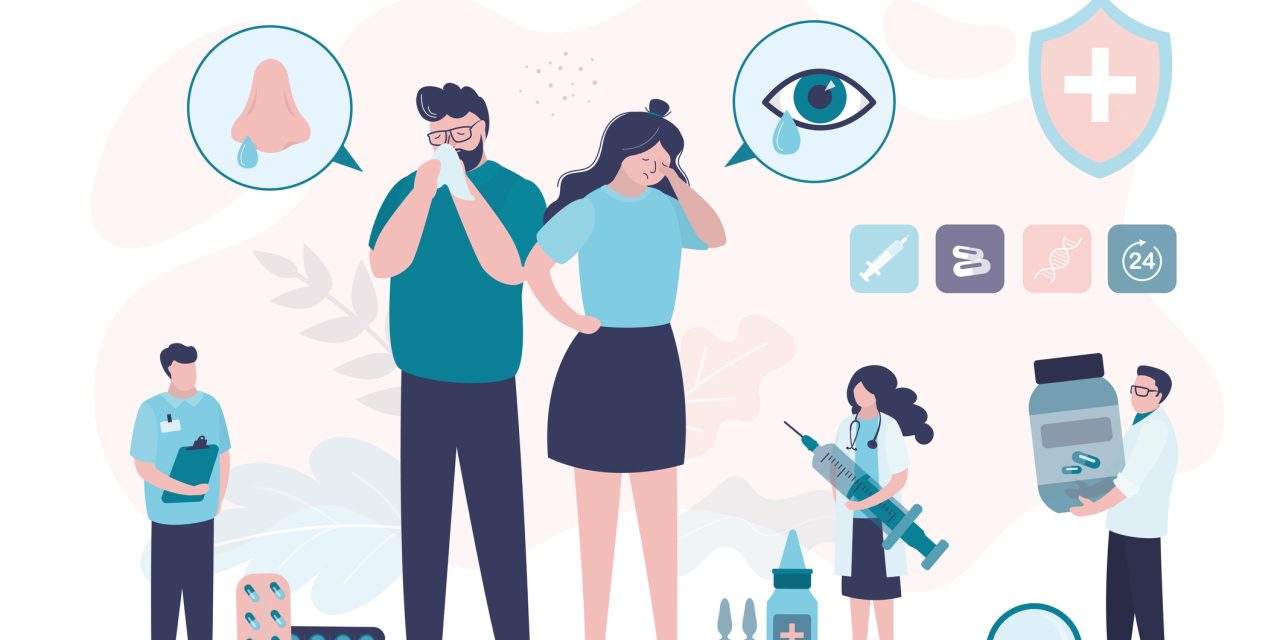In the United States, individuals between 18 and 26 have the highest possibility of new HPV infections, the most common sexually transmitted infection worldwide. HPV infection can cause genital warts, and persistent infection with cancerous strains can develop into multiple types of cancers.
Centers for Disease Control and Prevention advise that both genders receive the vaccine. However, young adult men, including college-aged men, have been reluctant to complete the vaccine series. The present cross-sectional study, guided by the Theory of Planned Behavior, explores college men’s vaccination uptake and series completion behaviors and their intentions to vaccinate. Using logistic regression as a statistical operation, researchers examined how students’ attitudes, perceived behavioral control, and subjective norms impacted their HPV vaccine–related behaviors and intentions. Personal criteria, followed by perceived behavioral control to communicate with a provider about the HPV vaccine, had the most significant impact on students’ HPV vaccine uptake and completion behaviors and intentions to vaccinate. Both subjective norms and positive attitudes about the vaccine impacted students’ intentions to vaccinate against HPV.
The drawn conclusion can help form recommendations, including campus interventions and policies that could increase HPV vaccine uptake and completion behaviors among college men.
Reference: https://www.tandfonline.com/doi/full/10.1080/21645515.2020.1819101


